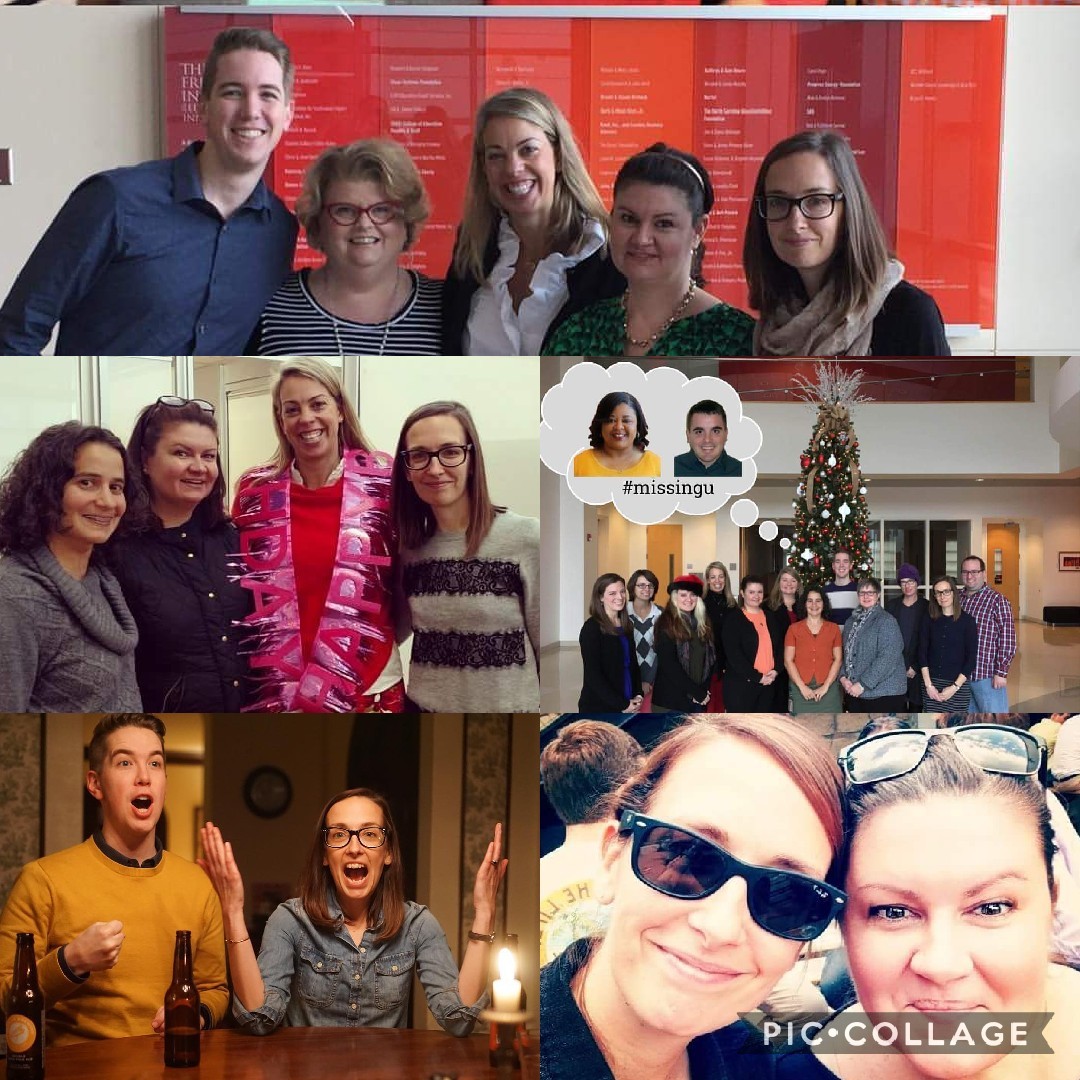There are so many great things out there to read. Here are a few I’ve really enjoyed in the past month.
“No Such Thing As Offline” by Justin Barber
As designers the prospect of shaping these experiences is exciting, because it comes with a great realization that the next generation of users are designing the tools and the output as much as we are.
I love when I read something outside of the education realm that has many applications for teaching and learning. I enjoyed this article’s discussion of cultural competence and the shift from passive consumption to interaction and creation.
“Wish For More Self Control Can Backfire” by Cari Romm
…When people are forced to confront the gap between their ideal and actual levels of self-control, they end up psyching themselves out: Performance suffers because people with a strong desire for self-control sometimes disengage and withhold effort…
This is a great read, especially for all of my type A brothers and sisters. I find the idea that the more we want something, the harder it can become to attain, to be very intriguing.
“The Inefficiency of Words” by Robert Cormack
Inefficient words make it too easy. They fit into texts and short Twitter copy. They keep us from rambling. They confine us to mundane truths.
I have written about words before – my love of them, their power, the importance of choosing the right ones, and the power and danger of things left unsaid. Naturally, this article caught my eye. I love its discussion of the way our tech laden world is helping to shape our use of language. It definitely made me think twice about not just what I’m tweeting, but the words I chose when I write, speak, and communicate with others.
“Staying in the Discomfort Zone” by Julie Zhuo
The key to growing while staying in the same job is setting new challenges for yourself. Expect more of yourself than anyone else does.
Julie offers awesome tips and advice in her weekly mailing list where she answers a reader’s question. I particularly enjoyed this piece about stretching and pushing ourselves to function with a certain amount of discomfort, while still remaining intentional in our thoughts and actions. She ends the piece with solid advice about how to remain in the discomfort zone and use this to your advantage.
“Bored Out of Their Minds” by Zachary Jason
Yet we’re still keeping them in the kind of education system… that wants nothing from them in terms of their own ideas. School has already decided what matters and [what it] expects from you. It’s like an airplane: Sit down, strap in, don’t talk, look forward. Why would it be meaningful?
This should be required reading for every educator. Students become increasingly bored as they get older. This article pinpoints the research behind the reasons why this happens and gives practical, important advice for how teachers can counteract this boredom by making curriculum more resonant, personalized, and meaningful for every student.
“How Elon Musk Learns Faster and Better Than Everyone Else” by Michael Simmons
Learning transfer is taking what we learn in one context and applying it to another. It can be taking a kernel of what we learn in school or in a book and applying it to the “real world.” It can also be taking what we learn in one industry and applying it to another.
One of the first people I think about when the word genius is mentioned is Elon Musk. I am so intrigued by his work and his ability to know so much across so many fields. This article breaks down a little of what makes him so special through discussion on the expert generalist and learning transfer – concepts that can both be applied to education, easily. I also enjoyed the focus on exploring personal learning practices.
“How to Make Feedback the Focus” by Arthur Chiaravalli
Most importantly, however, is what students do with the feedback once they’ve received it. As Dylan Wiliams points out, No matter how well the feedback is designed, if students do not use the feedback to move their own learning forward, it’s a waste of time.
Feedback is a crucial piece of assessment. This piece focuses on how to make feedback more powerful for students – offering feedback without scores or grades and being reflective and intentional about why and how we assess students in the first place. Emphasis is placed on student agency and ownership and how we can leverage feedback, both from teachers and peers, to help build these.

